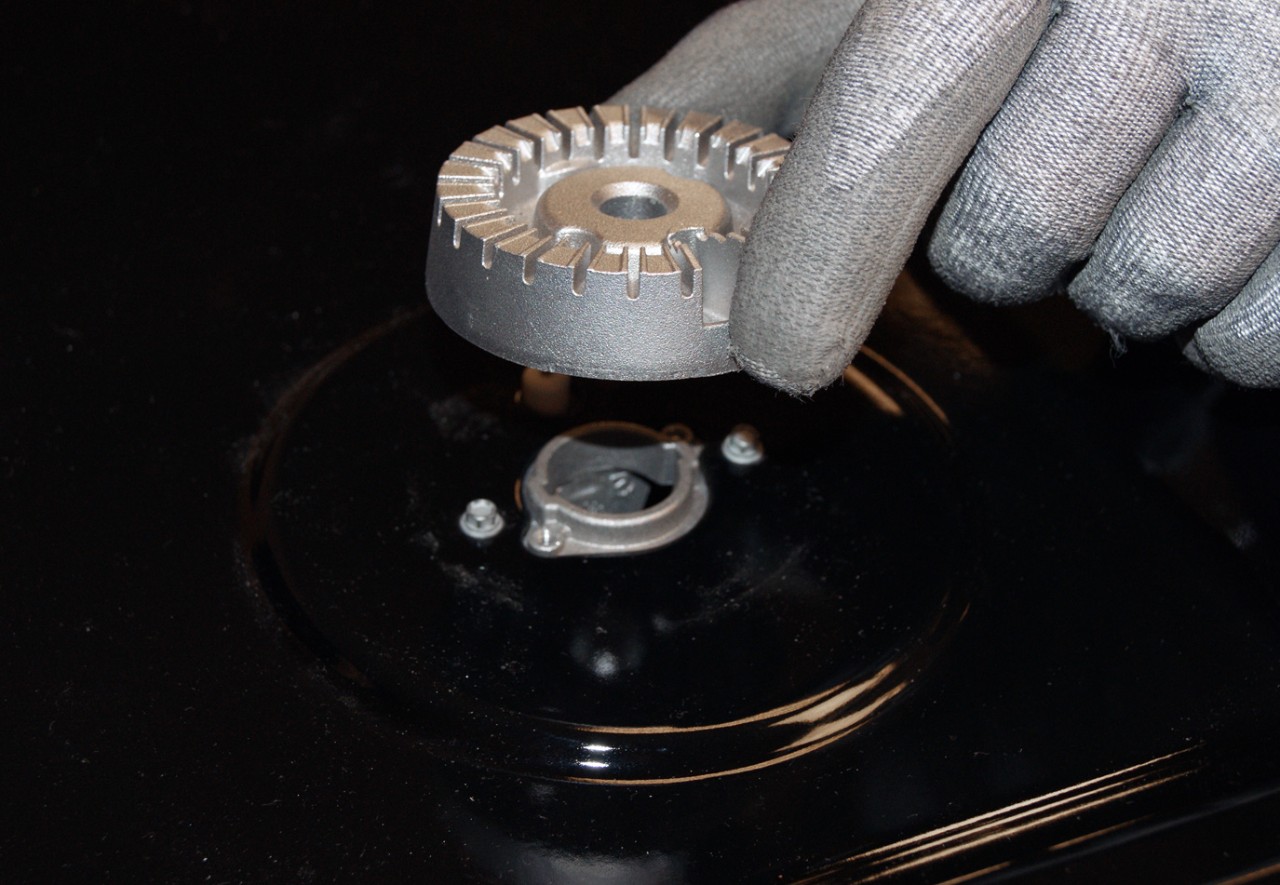At GE Monogram Inc Repair, we understand the frustration that comes with encountering ignition problems in your GE Profile range. These seemingly minor issues can disrupt your daily routine and leave you feeling helpless. But fear not! Our team of experts is here to shed light on the common culprits behind GE Profile range ignition problems and provide you with actionable solutions to resolve them swiftly.
Understanding the GE Profile Range Ignition System
Before delving into the potential issues, let’s first grasp the fundamentals of the GE Profile range ignition system. This sophisticated system utilizes a combination of electrical components and gas to ignite the burners and oven. When you turn the knobs or press the buttons, signals are sent to the ignition module, which then generates sparks or activates a glow bar to ignite the gas.
Common Culprits Behind Ignition Problems
Dirty Igniters
Over time, igniters can accumulate grease, food debris, and other residues, hindering their ability to produce sparks or heat effectively. When the igniter is dirty, it may not generate enough sparks or heat to ignite the gas, leading to delayed ignition or failure to ignite altogether. Regular cleaning is essential to maintain optimal performance. It’s not just about wiping away visible debris; thorough cleaning involves disassembling the igniter assembly, removing any buildup, and ensuring that all components are free from obstruction.
Faulty Ignition Module
The ignition module is the brain of the ignition system, responsible for coordinating the timing and distribution of sparks or heat to the burners. A malfunctioning ignition module can disrupt this process, leading to inconsistent ignition or complete failure to ignite. Common issues include electrical malfunctions, such as short circuits or component failure. Replacing the faulty module is often necessary to restore proper functionality. However, it’s essential to diagnose the problem accurately before proceeding with the replacement to ensure that other components are not contributing to the issue.
Clogged Burner Openings
Blocked burner openings can significantly impede the flow of gas, preventing proper ignition. Food spills, grease buildup, and debris accumulation are common culprits behind clogged burner openings. Regular cleaning and maintenance of the burner openings are crucial to ensure uninterrupted gas flow and ignition. This involves not only cleaning the surface of the burners but also removing any buildup from the burner ports to allow for optimal gas dispersion.
Gas Supply Issues
Inadequate gas supply or irregular gas pressure can hamper ignition performance. It’s essential to verify that the gas valve is fully open and that there are no obstructions in the gas line. Additionally, fluctuations in gas pressure can affect the ignition process. Consulting a professional to assess and adjust the gas pressure if irregularities are detected is recommended. This ensures that the GE Profile range receives the necessary fuel for consistent and reliable ignition.
Worn Out Spark Electrodes
Spark electrodes play a vital role in creating the sparks needed to ignite the gas. However, they can wear out over time due to repeated use. Signs of wear or damage, such as cracks or corrosion, may compromise the effectiveness of the electrodes. Inspecting the electrodes regularly and replacing any worn components is essential to restore reliable ignition. Additionally, ensuring proper alignment and distance between the electrodes and burner ports is crucial for optimal spark generation.
Electrical Malfunctions
Faulty wiring, loose connections, or damaged components in the electrical circuit can disrupt the ignition process. Thoroughly inspecting the electrical system for any signs of wear or malfunction is necessary. Addressing any issues promptly ensures consistent ignition and prevents potential safety hazards. It’s crucial to follow manufacturer guidelines and safety precautions when working with electrical components to avoid injury or damage to the appliance.
Actionable Solutions for Ignition Problems
Now that we’ve identified the common culprits behind GE Profile range ignition problems, let’s explore some practical solutions to address these issues effectively:
- Regular Cleaning: Implement a thorough cleaning schedule to prevent the buildup of debris on igniters, burner openings, and other critical components.
- Professional Inspection: Schedule periodic inspections by a qualified technician to identify and resolve potential issues before they escalate. A trained professional can diagnose problems accurately and recommend appropriate solutions.
- Replacement of Faulty Components: Promptly replace any worn or malfunctioning components, such as igniters, ignition modules, or spark electrodes, to restore optimal performance.
- Gas Pressure Adjustment: Consult a professional to assess and adjust the gas pressure if irregularities are detected. Proper gas pressure ensures consistent ignition and prevents potential safety hazards.
- Electrical System Check: Thoroughly inspect the electrical connections, wiring, and components for any signs of wear or malfunction. Addressing electrical issues promptly ensures the safe and reliable operation of the GE Profile range.
By implementing these proactive measures and addressing ignition problems promptly, you can minimize downtime and enjoy uninterrupted performance from your GE Profile range.
Conclusion
Ignition problems in GE Profile ranges can be frustrating, but they are not insurmountable. By understanding the common culprits behind these issues and implementing the recommended solutions, you can keep your range running smoothly and efficiently for years to come.
FAQs
-
How often should I clean my GE Profile range’s igniters and burner openings?
It’s best to clean them every few months to prevent buildup that can hinder ignition.
-
What could be causing inconsistent ignition in my GE Profile range?
Potential causes include dirty components, faulty modules, worn electrodes, or gas supply issues.
-
Can I clean the igniters and burner openings myself?
Yes, you can. Follow safety guidelines, or seek professional help if unsure.
-
How can I tell if gas pressure is causing ignition problems?
Look for weak ignition, hissing sounds, or flame fluctuations. Consult a pro for adjustments.
-
What if cleaning and inspection don’t solve ignition issues?
If problems persist, consult a technician for further diagnosis and repair.
For more expert insights and tips on maintaining your appliances, check our previous blog: Spring DIY Magic: GE Monogram Oven Repairs Made Easy!
